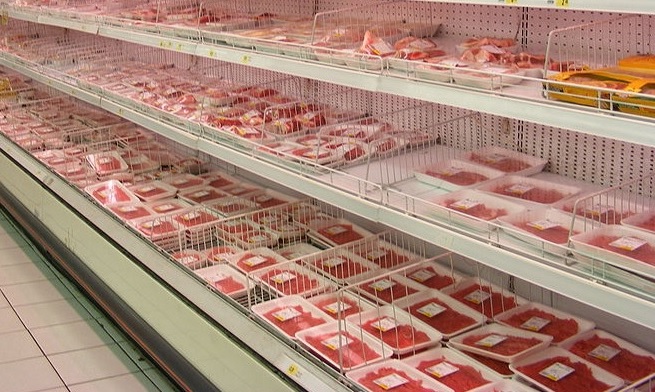
Food traceability experts believe that establishing the true geographical origin of products is now essential if consumer confidence in food is to be re-established.
Testing to determine where food comes from (starting with meat and eggs) looks set to be stepped up by major food retailers and processors in the wake of the discovery that a sample of pork labelled as British probably came from the Netherlands.
In tests carried out by UK-based Longhand Isotopes on behalf of the BPEX, the organization funded by pig farmers and processors in England, results revealed that one randomly purchased pack of pork chops were less than one percent likely to have been from pigs reared in the UK.
“One thing we can be sure of,” said Roger Young, the company’s Managing Director. “The BPEX contract using this technology is the first of its kind in the UK. This is not a research project – but fully fledged commercial delivery of food traceability by analysis.”
It has been an annus horribilis for the food industry, with scandal after scandal unfolding following the horsemeat debacle earlier in the year. As a result food retailers and processors are rapidly seeking ways to reassure their customers and secure their share of the market.
Food testing expert Mr Young said that as a result of recent findings British consumers are likely to demand greater reassurance that the food they buy is what it says on the label.
Longhand is contracted by the Agricultural and Horticultural Development Board (AHDB) to deliver Stable Isotope Reference Analysis (SIRA) for BPEX. The SIRA project has been under development with BPEX for five years and reached commercial maturity in 2012. This year the British Meat Processors’ Association (BMPA) has adopted SIRA to be an integral part of their traceability systems.
Processors and retailers now have a commercial service they can use to protect their brands from becoming embroiled in issues of origin mislabeling of food products.
“We have already had two major supermarkets using our SIRA service as their approved testing contractor and we will undertake traceability testing and consultancy on their behalf following this latest discovery,” said Mr Young. “It has become obvious to both retailers and their customers that current traceability systems have fallibilities.”
“We can accurately confirm if test samples do not match the reference database. Where they don’t, further investigations can then establish the true origin,” Mr Young explained.
“The chops in this breaking story effectively demonstrate that retailers, packers, processors and producers need to take seriously their ability to be certain of the true origin of the food they produce and sell. This story demonstrates again the fallibility of current traceability systems that rely on paperwork alone; it’s time the world looked at the products themselves.”
